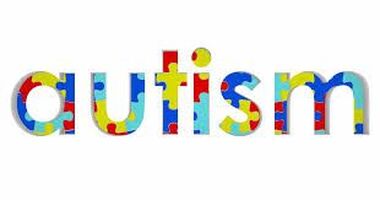Vertical Divider
What are Evidence Based Practices and why use them?
Evidence Based Practices are interventions that been extensively scientifically researched and found to be the most effective interventions to use when working with individuals with Autism.
There are 27 Evidence Based Practices
which can often be used in conjunction with others.
Click on the links below for more information in each area.
Evidence Based Practices are interventions that been extensively scientifically researched and found to be the most effective interventions to use when working with individuals with Autism.
There are 27 Evidence Based Practices
which can often be used in conjunction with others.
Click on the links below for more information in each area.
|
This provides independent learning courses to help you learn, plan use and monitor EBPs.
|
|

